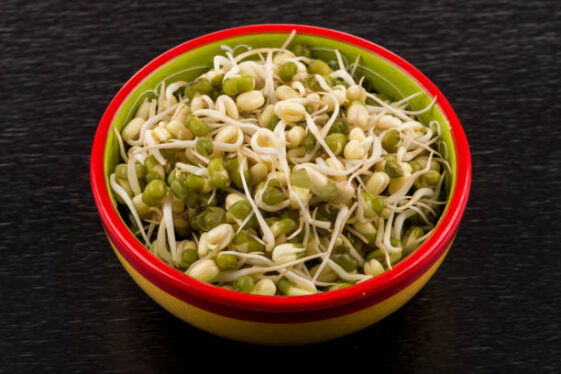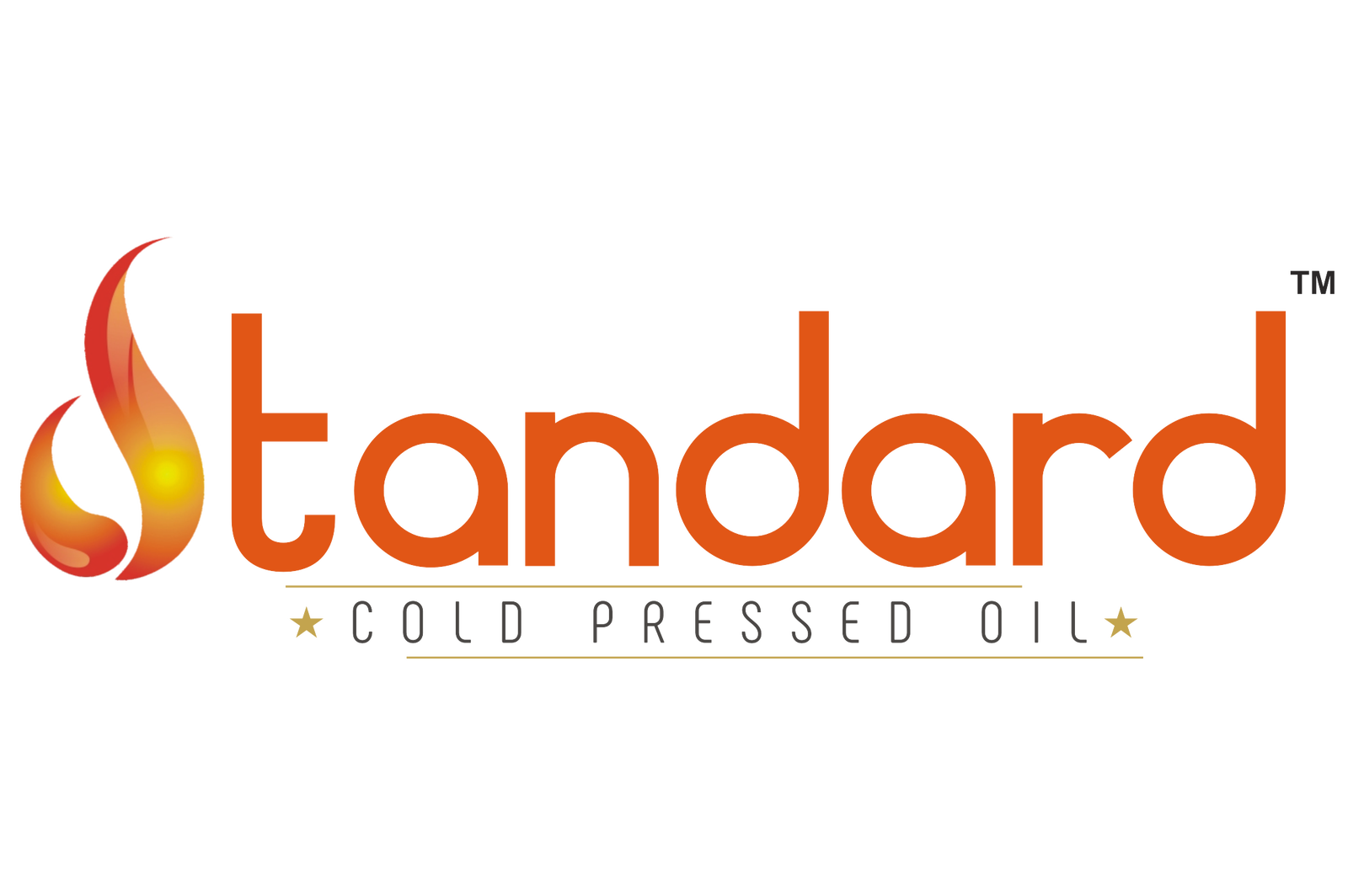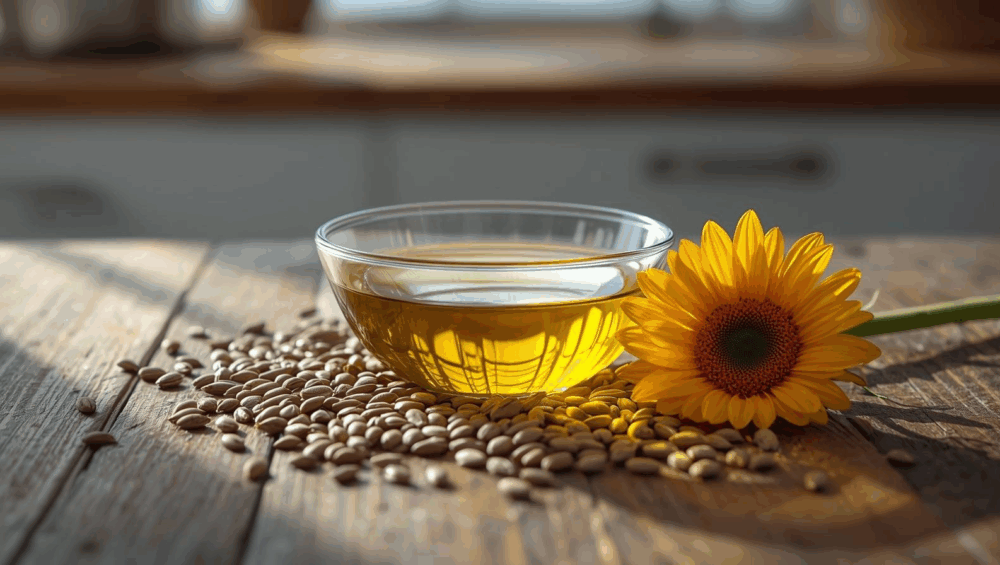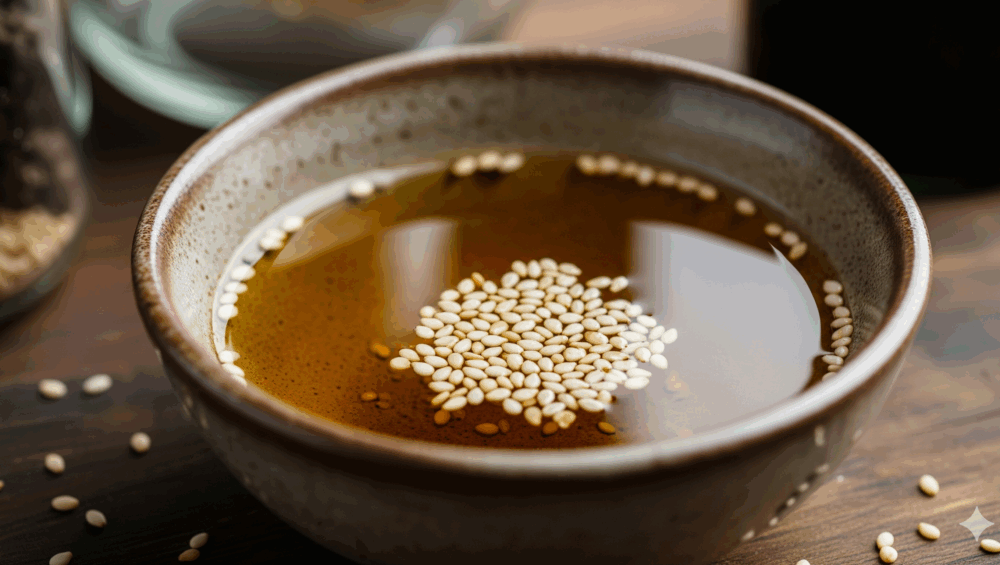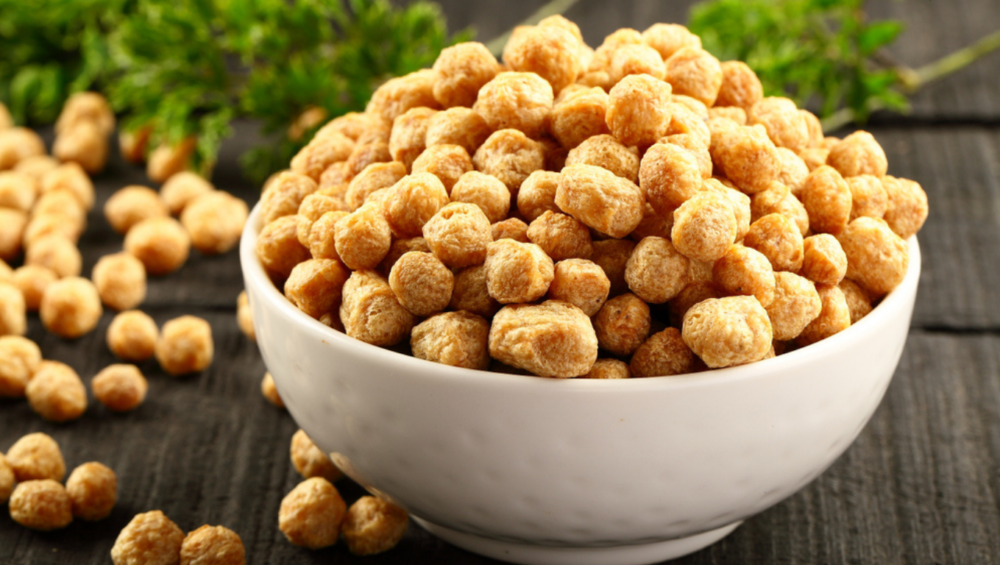फ्राय केलेले स्नॅक्स खाणे आरोग्यासाठी चांगले नसले तरी, आजच्या धकाधकीच्या जीवनात लोकांना फ्राय केलेले पदार्थ…
Amazing Moong Dal Or Yellow Dal Nutrition Value
Moong dal is one of the most famous vegetarian superfoods. It’s far rich in wonderful proteins and other nutrients.
The excessive protein content contributes to building and repairing tissues and constructing muscle tissues, bones, cartilage, blood, and pores and skin.
A 100 g serving of cooked moong dal can offer you with about 6 g protein. It also includes some quantities of vitamin E, C, and K.
An indispensable part of the Indian weight-reduction plan; It’s far incredibly light and clean to digest. In comparison to different dals, this yellow dal is low in carbs, making it a more fit option.
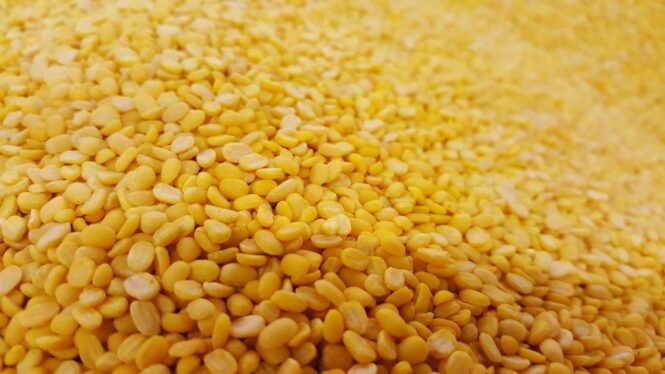
Nutrients in Green Moong Dal
Calories——347
Fats———-0.61
Protein —–25.73
Fiber——–18.06
Carbs——-59.74
Nutrients in Yellow Moong Dal
Calories —-348
Fats———-1.2
Protein—–24.5
Fiber——–8.2
Carbs——-59.9

Moong Dal Benefits
High in protein and fiber: Moong dal is packed with both protein and fiber, which are two nutrients that can help you feel full for longer and reduce cravings [1]. This can help you eat less throughout the day, which is essential for weight loss.
Low in calories: A serving of moong dal is relatively low in calories, making it a great choice for weight management [1].
Low glycemic index: Moong dal has a low glycemic index (GI), which means it doesn’t cause spikes in blood sugar levels [1]. This can help regulate your appetite and prevent cravings.
Improves Heart Health
The Moong dal is rich in potassium and iron. It enables lower blood strain and protects against muscle cramping. It also regulates irregular heartbeat.
The light and clean-to-digest nature of moong dal makes it an brilliant food for the ones stricken by hypertension or heart disease.
- This article on Healthline discusses the heart-healthy benefits of mung beans (moong dal) and cites some research: https://www.healthline.com/nutrition/mung-beans
Research on Moong Dal and Heart Health:
- While there aren’t many studies directly on moong dal and heart health in humans, research on legumes in general shows promise.
- A review of 26 studies found that including one daily serving of legumes (around 130 grams) in the diet can significantly lower “bad” LDL cholesterol levels, which is beneficial for heart health
Rich in Nutrients
Moong dal is a nutrient-rich meals. It’s far enriched with minerals like potassium, magnesium, iron, and copper. Further to this, it also incorporates folate, fibre, and Vitamin B6.
Rich in B-vitamin nutrients, this yellow dal allows damage down carbohydrates into glucose and bring usable strength in your body.
The folic acid present in it helps keep healthy mind function and facilitates build DNA.
Moong dal is especially rich in nutritional fibre. A single cup serving can offer among 4.5 and 71 per cent of the advocated every day consumption of the nutrient.
This dietary fibre content allows reduce blood levels of cholesterol and stops nutritional headaches.
The excessive protein content in it makes it a extraordinary source of the nutrient for vegetarians.
Enables Prevent Diabetes
Moong dal has a low glycemic index. As a end result, it allows deliver down the body’s insulin, blood glucose, and fats degrees.
In turn, this enables preserve blood sugar stages under control and facilitates decrease the chance of diabetes.
Improves Digestive Health
The yellow dal allows produce butyrate, a brief-chained fatty acid, which allows keep the health of the intestinal partitions. It has anti inflammatory properties that save you the accumulation of gas.
This yellow dal is simple to digest and is an amazing meals to keep a healthy body.
Increase Blood Flow
Moong dal is rich in iron and this enables in the production of red blood cells.
A great amount of red blood cells is vital to prevent anaemia and enhance the overall blood move inside the body.
